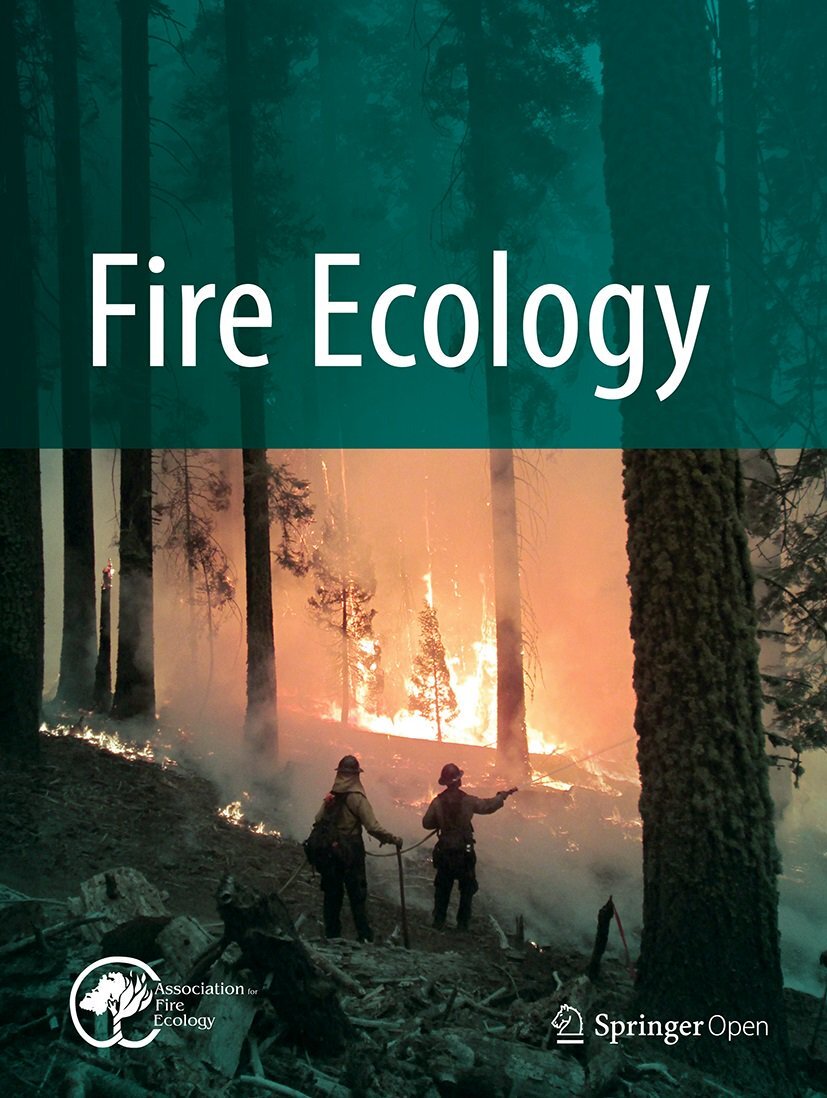Coexisting with wildfire: strengthening collective capacity by changing the status quo
IF 3.6
3区 环境科学与生态学
Q1 ECOLOGY
引用次数: 0
Abstract
This article is the fuller written version of the invited closing plenary given by the author at the 10th International Fire Ecology and Management Congress. The article provides a consideration of our capacity to cope, care, and coexist in a fiery world from a social and structural point of view. It focuses on privilege as the root cause of a long and troublesome history within the wildfire profession of not valuing all generational knowledge equally, not treating all cultures with the same respect, not embracing diversity and inclusion, and not affording the same status to all disciplines and voices. The article argues that we can strengthen our collective capacity to coexist with wildfire by embracing local and indigenous fire stewardship practices, by enabling workforce diversity and inclusive leadership culture, and by providing sustainable working conditions for wildland firefighters. To do so requires individual and collective noticing of what is wrong, and everyday action steps towards equity.与野火共存:通过改变现状加强集体能力
本文是作者在第 10 届国际火灾生态与管理大会上应邀致闭幕词的全文。文章从社会和结构的角度出发,探讨了我们在火灾世界中的应对、护理和共存能力。文章重点论述了特权问题,认为特权是野火专业长期存在的问题的根源,即没有平等地重视所有世代的知识,没有以同样的尊重对待所有文化,没有接受多样性和包容性,没有给予所有学科和声音同样的地位。文章认为,我们可以通过接受当地和土著的消防管理实践、促进劳动力多样性和包容性领导文化,以及为野地消防员提供可持续的工作条件,来加强我们与野火共存的集体能力。要做到这一点,就需要个人和集体注意到哪些地方出了问题,并采取日常行动措施来实现公平。
本文章由计算机程序翻译,如有差异,请以英文原文为准。
求助全文
约1分钟内获得全文
求助全文
来源期刊

Fire Ecology
ECOLOGY-FORESTRY
CiteScore
6.20
自引率
7.80%
发文量
24
审稿时长
20 weeks
期刊介绍:
Fire Ecology is the international scientific journal supported by the Association for Fire Ecology. Fire Ecology publishes peer-reviewed articles on all ecological and management aspects relating to wildland fire. We welcome submissions on topics that include a broad range of research on the ecological relationships of fire to its environment, including, but not limited to:
Ecology (physical and biological fire effects, fire regimes, etc.)
Social science (geography, sociology, anthropology, etc.)
Fuel
Fire science and modeling
Planning and risk management
Law and policy
Fire management
Inter- or cross-disciplinary fire-related topics
Technology transfer products.
 求助内容:
求助内容: 应助结果提醒方式:
应助结果提醒方式:


